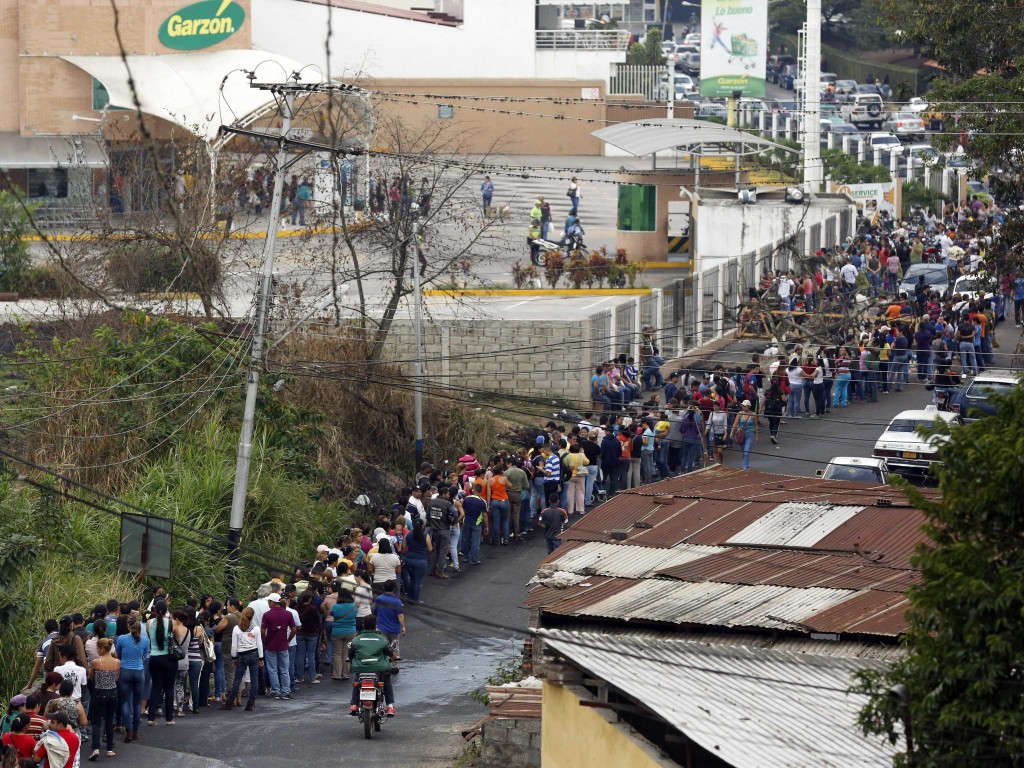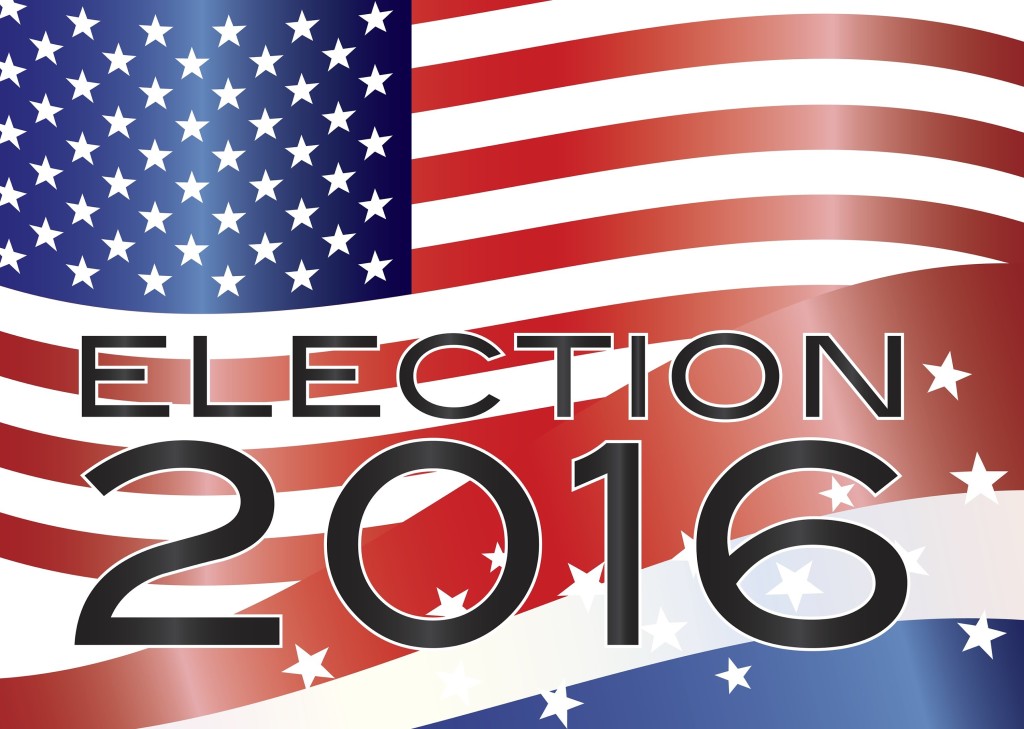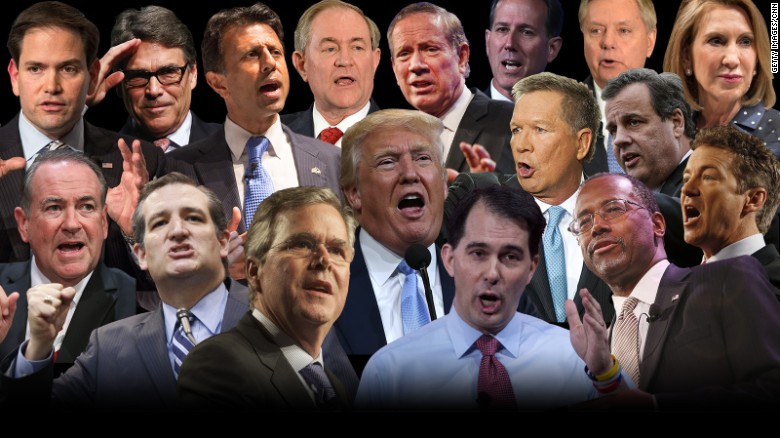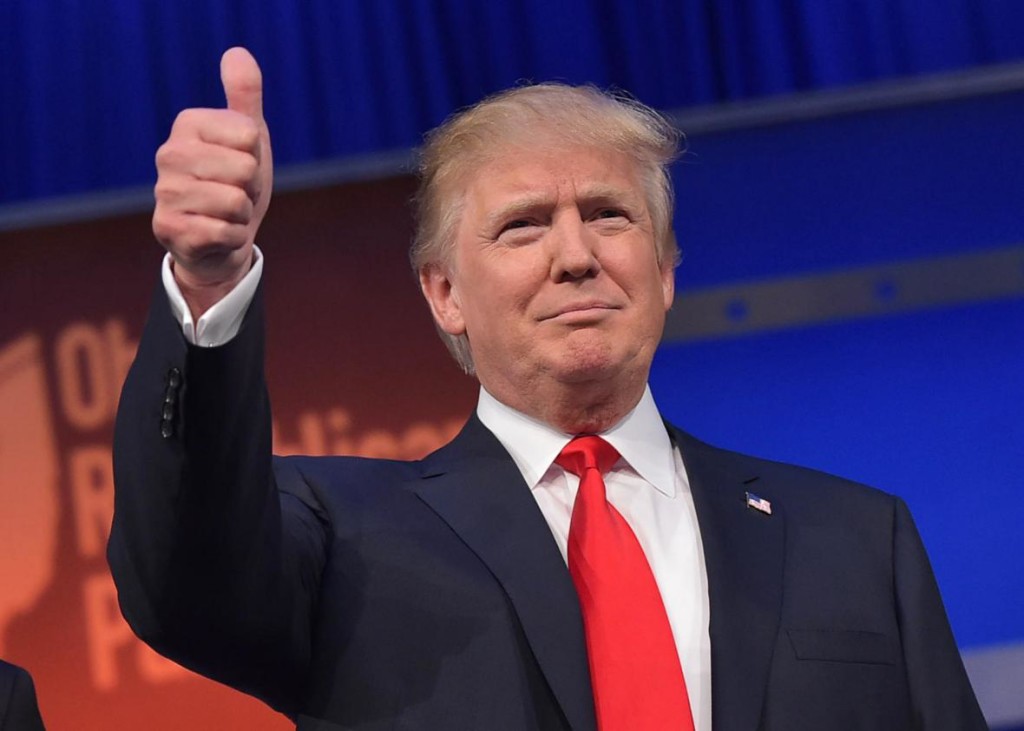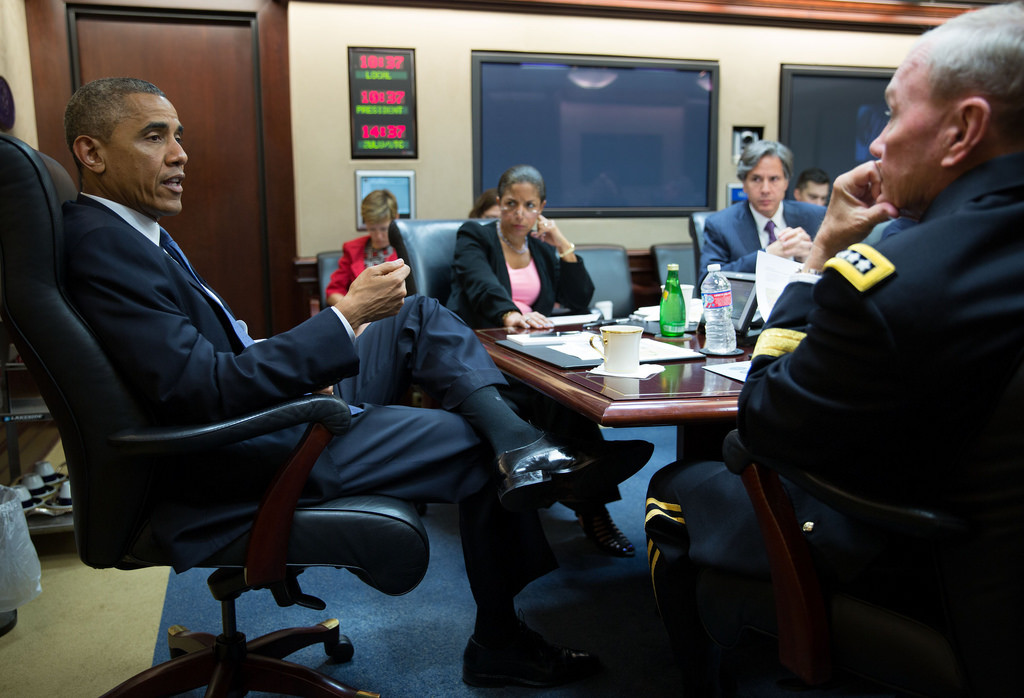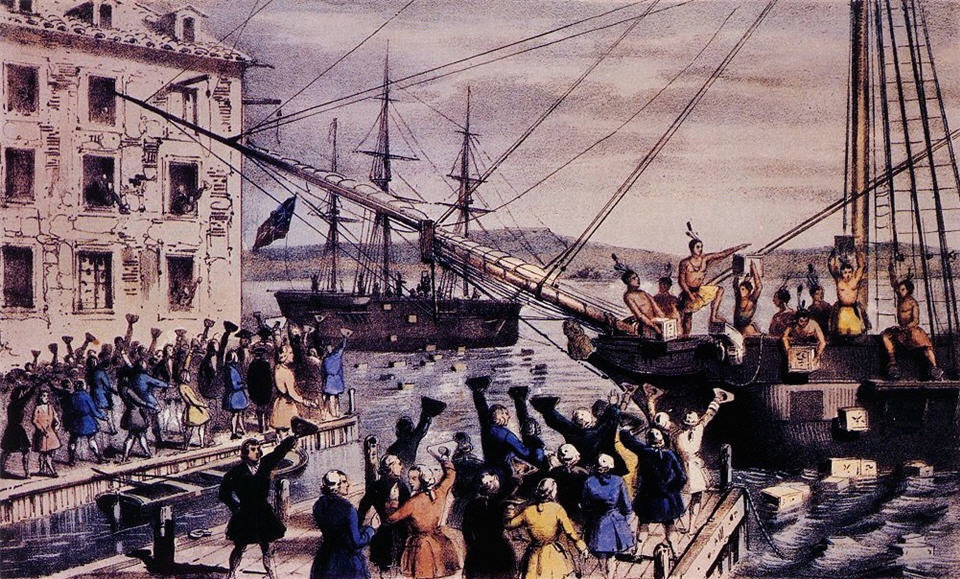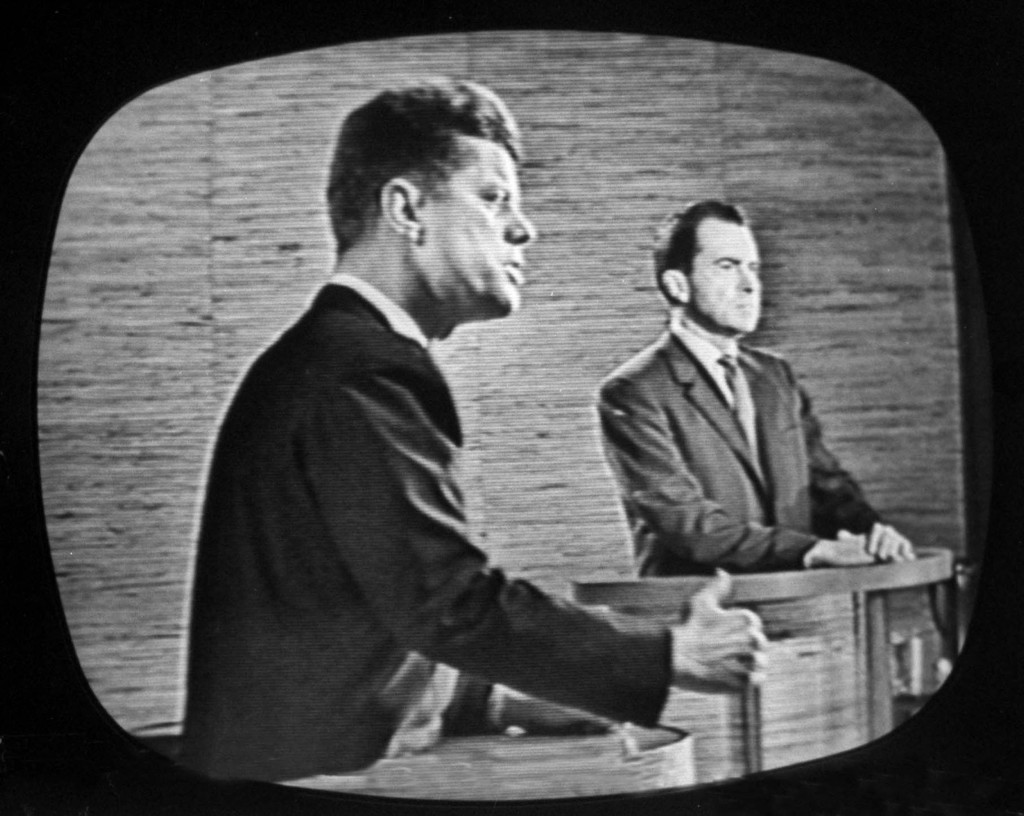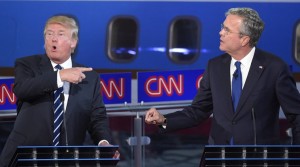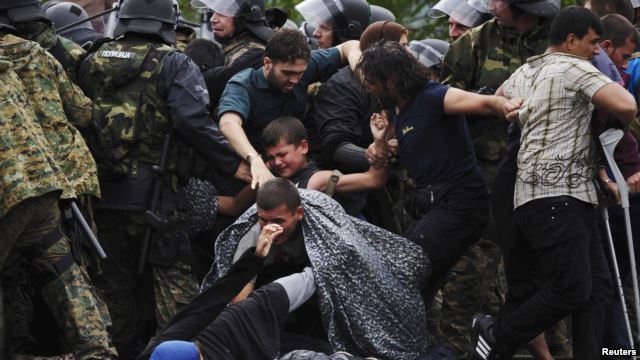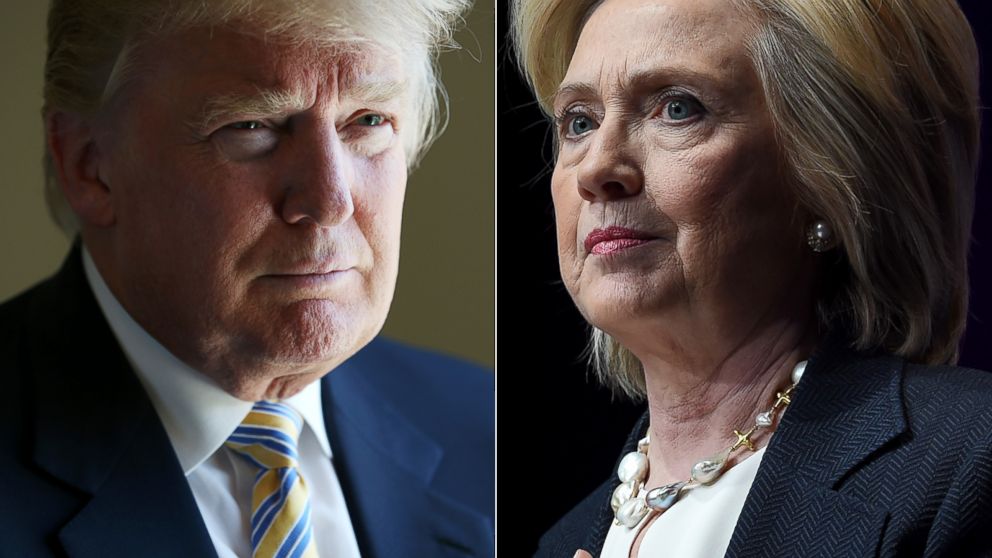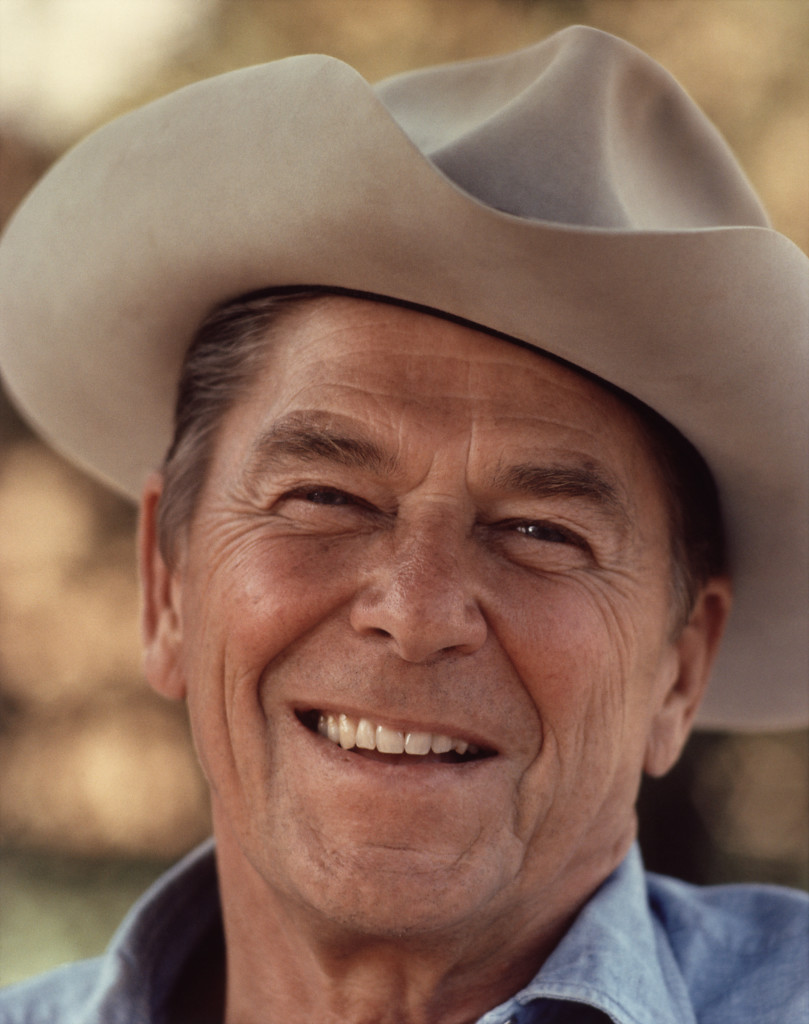
February 6th is the 105th anniversary of the birth of the last great President of the United States. The fortieth of a line of greats, near greats, disappointments and even scoundrels, the reputation of Reagan has only grown in stature since he left the political scene in 1989. Greatness, as always, is not just a list of accomplishments. It is the sense, by friend and foe alike, that the real achievement of Reagan was that he was consequential in the lives of people in a way that left an indelible memory. Reagan secured renewal in America, which is an innate American characteristic flowering intermittently, permitting the country to throw off the pessimism and corrosion of previous versions, and restore the core beliefs that make this country like no other. Approaching another period in time when people fear that the country may be in a permanent decline, the search for another Reagan-like figure is driving the political process, as a general exhaustion for the divisiveness of the last 25 years progressively looks to unify behind a leader that believes in the infinite capability of a people that believe in themselves.
Reagan was the antithesis of the modern model for an executive of an organization as contentious and complex as the United States. The modern model calls for elite training, breeding in the corridors of influence, intellectual power, vigor of an executive personality at the height of its powers, and calculated ruthlessness. Reagan was born of backwater parents in Tampico, Illinois, and attended not Ivy League, but backwater schools, graduating with gentleman’s grades from little Eureka College, and striving not to become a captain of industry, but a reflection of the common man. The natural goodness that was Reagan resonated upon the fairly recent form of mass communication known as cinema, and secured in Reagan a belief that the stories told in the movies were characteristic in form to the real life stories that created the unique American society. To Reagan later in life, the cinema stories blended with reality, not because he was deluded by their contrived nature, but because he believed stories evoked the true, formational American psyche. Having essentially finished one career as celebrity, he then proceeded later in life to a second career of working the levers of power to respond to his beliefs that the success and influence of America was best appreciated in its people and their story. He didn’t see Americans as needing constant direction to prevent chaos and ill considered decisions. By the time he ran for President in 1980, he was already one of the oldest men to do so, but somehow his simple, principled manner and his unwavering confidence in the American dream blew through all generations as a bracing rush of fresh air and energy.
Reagan didn’t need to feel himself the smartest man in the room as more insecure men who followed him to the office did. He sublimated the concept of intellectual heft to the equally awesome power of personal wisdom and understanding of what motivates people to achieve great things. He did not need to demean people or ruthlessly use them, because he knew the gains would be short and superficial. He understood that true power resided in a country’s sense of self esteem and shared story. He crushed the opposition time and time again not by explaining to the people why trusting themselves would overwhelm any insecurity, and the people became his army that no opponent could hope to fractionate. When Reagan ran for re-election in 1984, he didn’t really need to tell them it was Morning in America. They felt it at the very core of their conviction, and they knew that he had renewed them.
To the elite of the country, Reagan’s simple faith in Americans and their ability to seize opportunity and trust themselves , was polyannish and ultimately irrational. Elites knew that most Americans could not be expected to understand the complexities of modern society and make good decisions. Real, altruistic governance would always be not so much a safety net as a it should be a hammock, designed to soften the blows and disappointments of life for those that could not possibly be expected to absorb and overcome failure. Reagan’s simplistic view of Americans having more in common with the concept of being American rather than the bonds to any individual group, suppressed grievances and blurred the political divisiveness that could build voting blocks. By the time an Obama positioned himself as a deliverer, Americans had subjugated themselves to smaller and smaller self interest groups, and the exploitation of perceived grievances allowed base instincts of envy and advantage to take rigid hold. Obama saw no value in shared success and people feeling self worth. Political power lay in making sure if there was failure, it was important to have someone who would clearly reveal for those who failed who was responsible – their neighbor, their fellow American. Obama’s over-riding impulse was to extend this attitude to the global perception of America, If there was instability and chaos in the world, America could be seen as a driver of such malfeasance, and she could make it up to others only by apologizing and getting out of the way. The self esteem of America and its people, renewed by Reagan and allowed to flourish for twenty-five years, required an Obama to restore the elites and crack America’s can do spirit.
Reagan unbelievably at 105 somehow seems younger than the tired contrivances that pass for leadership today. The restless rejection of the so called establishment candidates for president in Clinton and Bush seem to foretell however, a stirring of another renewal. If the country begins to sense there is real hope, not the nonsense of 2008, and that people will once again be given the chance to live their lives unencumbered by those who would crush their spirit for renewal, we may yet see a tidal wave of confirmation in the person who can define a path back out from the wilderness. If so, like 1980 and 1984, you won’t be needing to interpret any broken chads to know who won. It wont be a republican or democrat wave, it will once again be an all American one.
Happy Birthday, Mr. Reagan.

